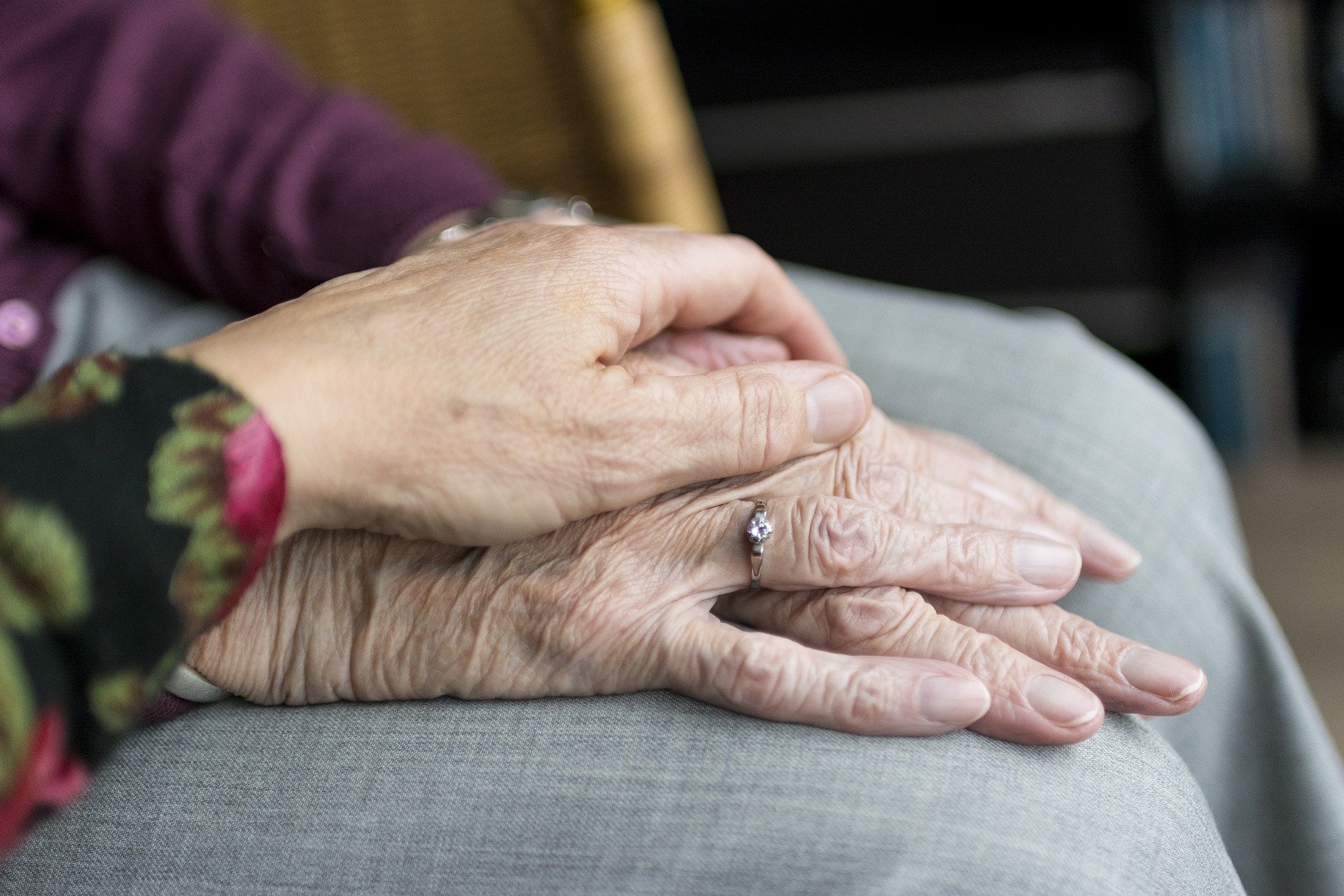If someone you love is struggling to make certain decisions or to manage their finances or care arrangements, then it is natural to wish to help.
But, even if you are the next of kin or a very close relative, you will not necessarily have the legal powers that you need to manage their affairs. For example, if you are not their spouse with access to joint accounts, you might not be able to access bank accounts to pay their bills.
Ideally, they would have made a lasting power of attorney to formalise who they would wish to help with decisions relating to their finances or their health and welfare. But, like making a will, this is a task that sometimes gets put off and put off, until it is just too late.
‘A lasting power of attorney must be made in advance and can only be done when someone is deemed to have ‘mental capacity’, explains Cerrig Parr, private client partner with Hughes Solicitors in Heathfield, East Sussex.
‘Mental capacity is decision-specific and if someone’s mental health has declined to such an extent that they are no longer considered to have the mental capacity to make a lasting power of attorney, then it will be necessary to apply to the Court of Protection for permission to make decisions. This is called applying for a ’deputyship’ and is something that our private client lawyers can help with.
People may lack mental capacity if, for example, they have:
- dementia;
- a serious brain injury or illness; or
- severe learning disabilities.
Each person’s circumstances are unique, but a decision might need to be made for a significant one-off event, such as the sale of a property to fund care fees or medical treatment. In other cases, long-term decision making might be needed, such as managing finances to fund healthcare arrangements in their own home.
The Court of Protection’s role is to safeguard vulnerable people and to ensure that any decisions are made in that person’s best interests. You need to be over 18 to act as a deputy, and you need to have appropriate skills to make financial decisions for someone else. The court can appoint two or more deputies together for someone.
Medical evidence will be required to prove to the court that the person has lost capacity and, as a safeguard, the Court will notify close friends and family of your application so that they have a right to respond and express any concerns.
If you are appointed as a deputy, you will receive a court order which clarifies exactly what you can and cannot do.
You will also have to fulfil particular obligations as a deputy. This includes sending an annual report to the Office of the Public Guardian each year which details the decisions you have made. From time to time, you may receive a visit from a representative of the Court of Protection to time to ensure that you are carrying out your duties appropriately.
If you need to make a decision urgently, then you should speak to us as soon as possible, and we can guide you through the process of applying to the Court of Protection.
If you do not feel comfortable taking on this role, or you feel that you do not have appropriate skills, then we can act as a professional deputy on your behalf.
For further information on making a power of attorney or applying to be a deputy, please contact Cerrig Parr in our private client team in Heathfield, East Sussex on 01435 890 101 or email cerrigparr@hugheslaw.co.uk.
This article is for general information purposes only and does not constitute legal or professional advice. Please note that the law may have changed since the date this article was published.


